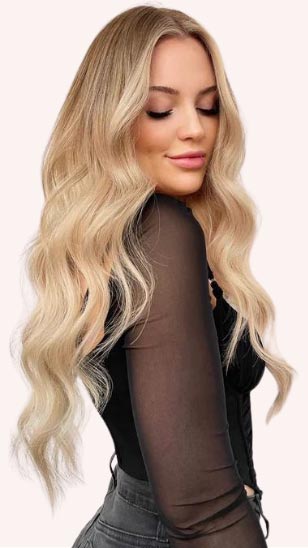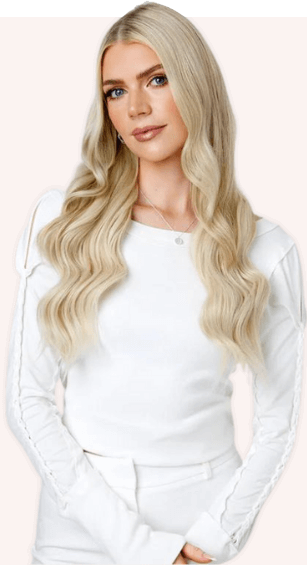In the quest for healthy, beautiful hair, the debate between leave-in conditioner and deep conditioner has long been a topic of contention among beauty enthusiasts. Both products offer promises of nourishment, hydration, and improved hair texture, but which one truly reigns supreme? To unravel this mystery and help you make the best choice for your hair care routine, let’s delve into the world of conditioner to explore: Leave-in conditioner vs Deep conditioner- which one is better?
I. Leave-in Conditioner vs Deep Conditioner: What Are They?
Before we embark on the journey to determine the answer to the debate between leave-in and deep conditioners – which one is better, let’s take a quick look to find out what they are!
1. What are Leave-in Conditioners?
Leave-in conditioners are hair care products that are applied to the hair and left in without rinsing. Unlike regular rinse-out conditioners that you apply in the shower and then rinse off, leave-in conditioners are designed to be left on the hair to provide ongoing benefits. The primary purpose of leave-in conditioners is to moisturize, nourish, and protect the hair, making it softer, smoother, and more manageable. They typically contain a blend of ingredients like proteins, vitamins, oils, and other hydrating agents that help to restore and maintain the hair’s natural moisture balance.
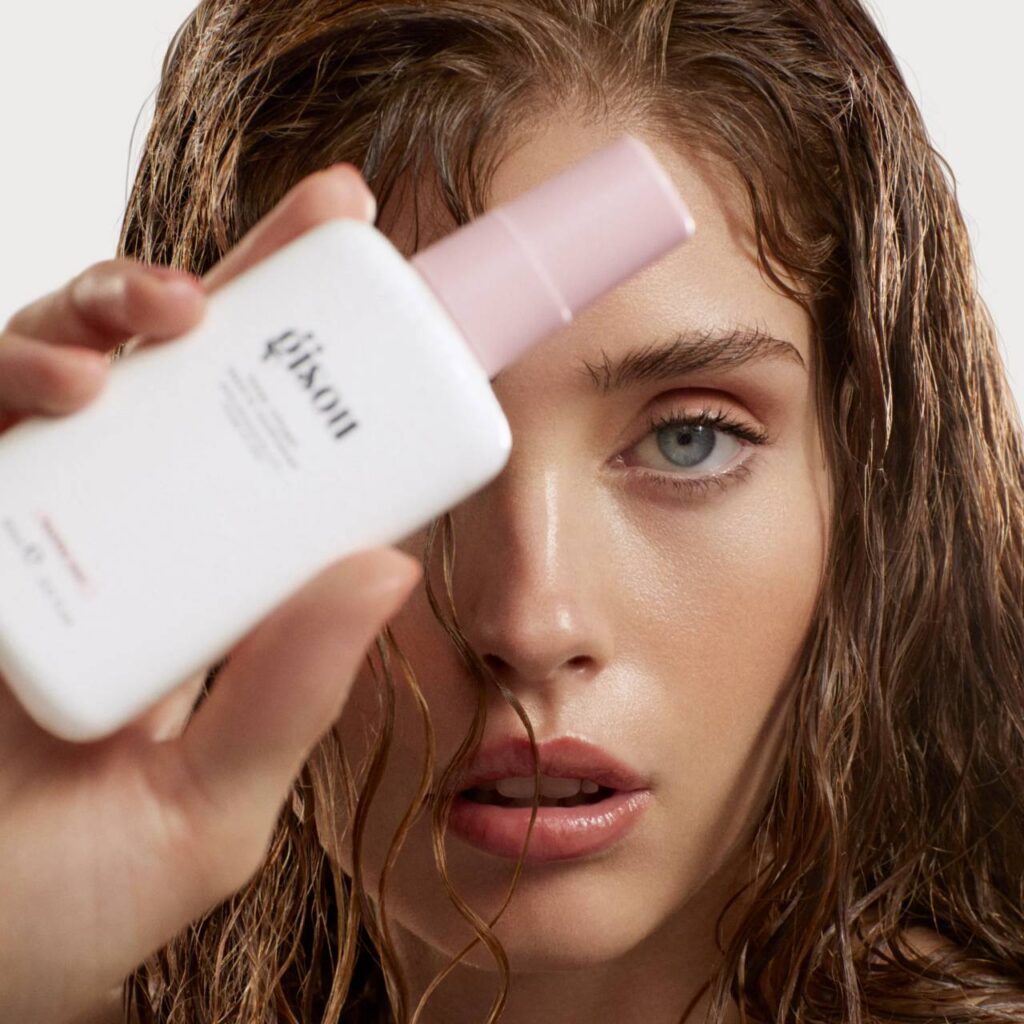
2. What are Deep Conditioners?
Deep conditioning is a hair care treatment that involves using highly concentrated and nourishing products to penetrate the hair shaft deeply. It’s designed to provide intense hydration, repair damage, and improve the overall health and appearance of the hair. Deep conditioning treatments typically contain ingredients such as proteins, vitamins, and natural oils that help to strengthen the hair, reduce frizz, add shine, and restore moisture balance. As with any beauty product, it’s important to choose a deep conditioner based on your hair type and concerns.
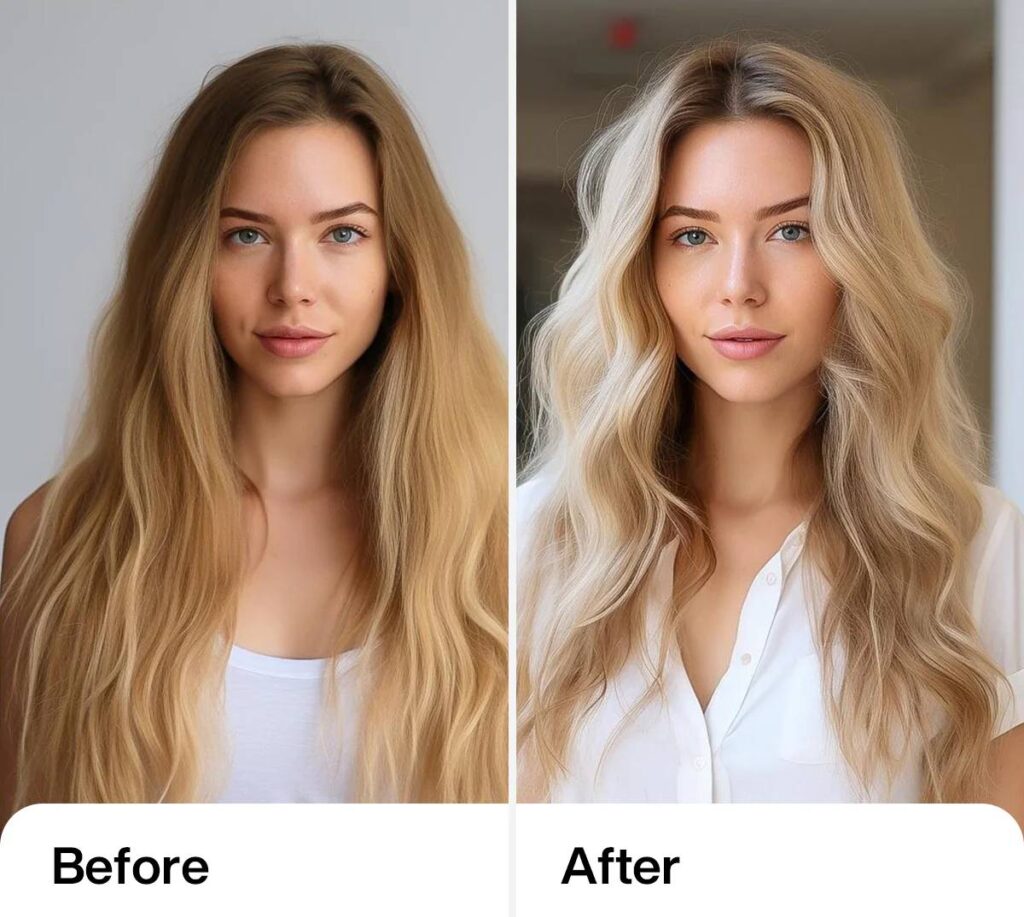
II. What Benefits Leave-in and Deep Conditioners Can Bring To Natural Hair?
Both leave-in conditioners and deep conditioners offer certain benefits to natural hair to help your hair be luscious and radiant. Let’s delve into the benefits of each one!
1.Leave-in Conditioners Benefits
Leave-in conditioners offer several benefits for natural hair:
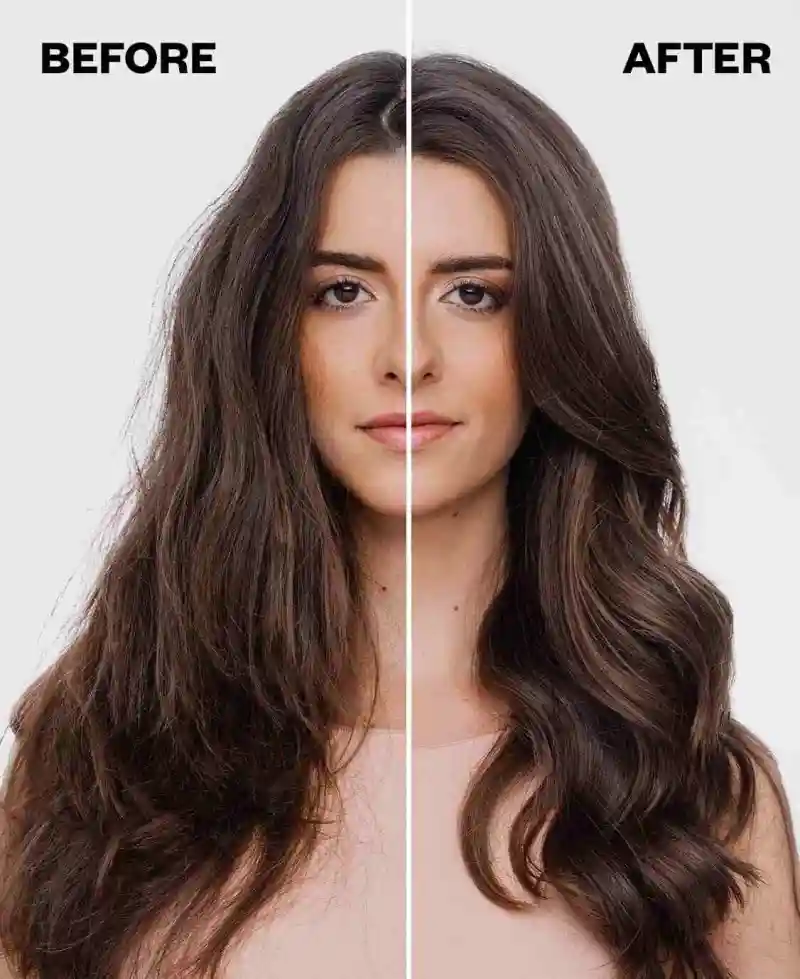
- Moisture Retention: Leave-in conditioners help to seal moisture into the hair shaft, preventing dryness and brittleness, which is especially important for natural hair that tends to be dry.
- Frizz Control: Leave-in conditioners can help tame frizz and flyaways, leaving the hair smoother and more manageable.
- Heat and UV Protection: Some leave-in conditioners contain ingredients that provide heat protection and UV filters, shielding the hair from damage caused by styling tools and the effects of the sun.
- Enhanced Curl Definition: For those with curly or wavy hair, leave-in conditioners can help define and enhance the natural curl pattern, leading to more defined and bouncy curls.
Check This Out: Top 6 Leave-In Conditioners of 2023 for Smooth and Hydrated Hair
2. Deep Conditioners Benefits
- Moisture Retention: Natural hair tends to be drier due to its structure, which makes it prone to breakage. Deep conditioners penetrate the hair shaft, providing intense hydration and helping to retain moisture.
- Softness and Smoothness: Deep conditioning can soften the hair cuticle, making the strands smoother and more manageable. This can reduce tangles and knots, making styling easier.

- Strength and Elasticity: Many deep conditioners contain proteins and amino acids that help strengthen the hair shaft, increasing elasticity and reducing the risk of breakage.
- Repair and Damage Prevention: Deep conditioners can repair damage caused by heat styling, chemical treatments, or environmental factors. Regular deep conditioning can also help prevent future damage by fortifying the hair and protecting it from environmental stressors.
Check This Out: Top 6 Best Deep Conditioners for Smooth, Healthy Hair 2024
III. Leave-in Conditioner vs Deep Conditioner: Which One is Better?
From the two sections above, it’s not hard to understand that incorporating leave-in and deep conditioning treatments into your hair care routine can help to improve the overall health, appearance, and manageability of natural hair. However, for the moment that we have all been waiting for, let’s explore which one is better a leave-in conditioner and a deep conditioner!
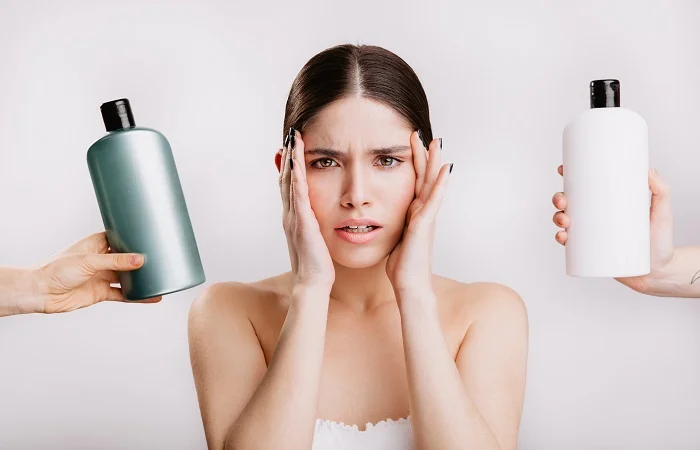
1. Leave-in Conditioners vs Deep Conditioners - Pros
Leave-in conditioners are convenient and lightweight. They provide moisture and help detangle hair without the need for rinsing, making them great for daily use or for those with fine or oily hair. Deep conditioners, on the other hand, are formulated with richer ingredients that penetrate the hair shaft deeply to provide intense hydration and repair. They are especially beneficial for those with dry, damaged, or chemically treated hair.
2. Leave-in Conditioners vs Deep Conditioners - Cons
Leave-in conditioners may not provide as deep or intense conditioning as a deep conditioner since they are designed to be left in the hair rather than rinsed out. In contrast, though deep conditioners are formulated with richer ingredients, they require more time and effort as they usually need to be left on the hair for a longer period before rinsing. They can also be heavier on the hair, making them less suitable for daily use, especially for those with fine or oily hair.
3. How To Choose The Right One?
- Hair Condition: If your hair is in need of repair or deep hydration, opt for a deep conditioner. If you’re looking for daily moisture and protection, a leave-in conditioner is the better choice.
- Styling Routine: Consider your styling habits. If you use heat styling tools frequently or expose your hair to environmental stressors, a leave-in conditioner with added heat protection might be beneficial.
- Hair Texture: Fine hair might benefit more from lightweight leave-in conditioners to avoid weighing it down, while thick or coarse hair may benefit from the deep hydration provided by deep conditioners.
→ Ultimately, the best choice depends on your hair’s specific needs and your personal preferences. Some people find that using both types of conditioner in their hair care routine yields the best results, using leave-in conditioner for daily maintenance and deep conditioner for periodic deep conditioning treatments.
IV. Conclusion
In conclusion, the choice between leave-in conditioner and deep conditioner ultimately depends on your hair type, concerns, and styling preferences. Both products serve different purposes in a hair care routine, and incorporating both may offer the best results for maintaining healthy, lustrous locks. Ultimately, experiment with both types to discover what works best for your hair’s unique needs and styling routine.


 BEST SELLING PRODUCTS
BEST SELLING PRODUCTS Wig Hair
Wig Hair WHOLESALE
WHOLESALE Contact us
Contact us Sale Events
Sale Events